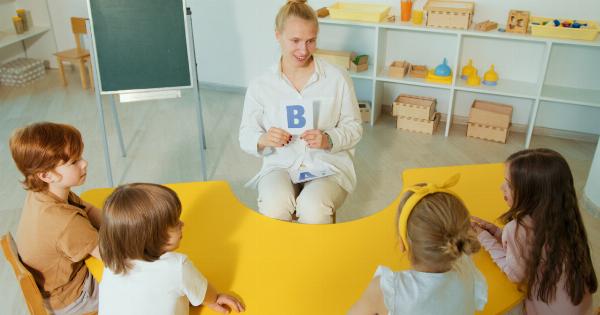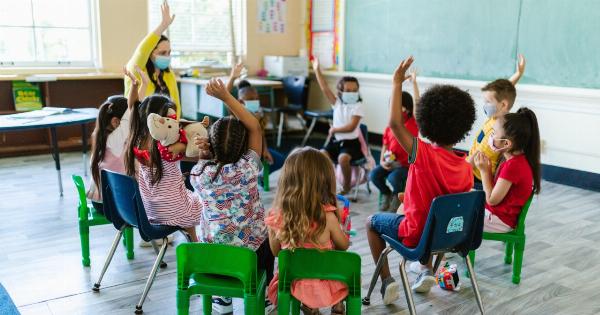Learning difficulties can be frustrating for both children and their parents. However, with the right strategies in place, children with learning difficulties can thrive academically and socially.
Here are some effective strategies to help children with learning difficulties:.
1. Create a structured routine
Children with learning difficulties thrive on structure and routine. Creating a consistent schedule and implementing a consistent routine can help the child feel more secure and safe.
Make sure that the routine includes time for homework, play, and relaxation.
2. Use multisensory approaches
Children with learning difficulties often benefit from multisensory approaches to learning. This means incorporating all five senses into learning.
For example, instead of just reading a book, incorporate tactile activities like playing with clay or drawing while listening to the story. This can help solidify learning and improve memory retention.
3. Provide accommodations
Children with learning difficulties may require accommodations to help them learn effectively. Accommodations can include extra time on tests, preferential seating, or assistive technology.
Speak with your child’s teacher or a learning specialist to determine what accommodations would benefit your child.
4. Break tasks into manageable pieces
For children with learning difficulties, large tasks can be overwhelming. It can be helpful to break larger tasks down into smaller, more manageable pieces. This can help the child focus and complete the task without becoming frustrated or overwhelmed.
5. Celebrate successes
Children with learning difficulties often face challenges and setbacks. Celebrating successes, no matter how small, can help build confidence and encourage continued progress.
6. Encourage movement breaks
Children with learning difficulties often benefit from movement breaks throughout the day. Short breaks to move around and stretch can help improve focus and attention.
7. Work with the school
It is important to work with your child’s school to ensure that proper accommodations and resources are in place. Speak with teachers and administrators to make sure that your child is getting the support they need to be successful.
8. Emphasize strengths
Children with learning difficulties often have a range of strengths and talents. It is important to emphasize these strengths in order to build confidence and self-esteem.
9. Consider tutoring
For some children, one-on-one tutoring can be incredibly helpful. A tutor can provide additional support and guidance while working with the child at their own pace.
10. Implement a positive mindset
Children with learning difficulties may struggle with negative self-talk. Encouraging a positive mindset can help the child focus on their strengths and build confidence.
Try to avoid negative statements or criticism, and instead offer positive encouragement and support.






























